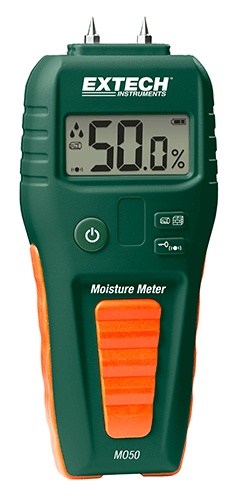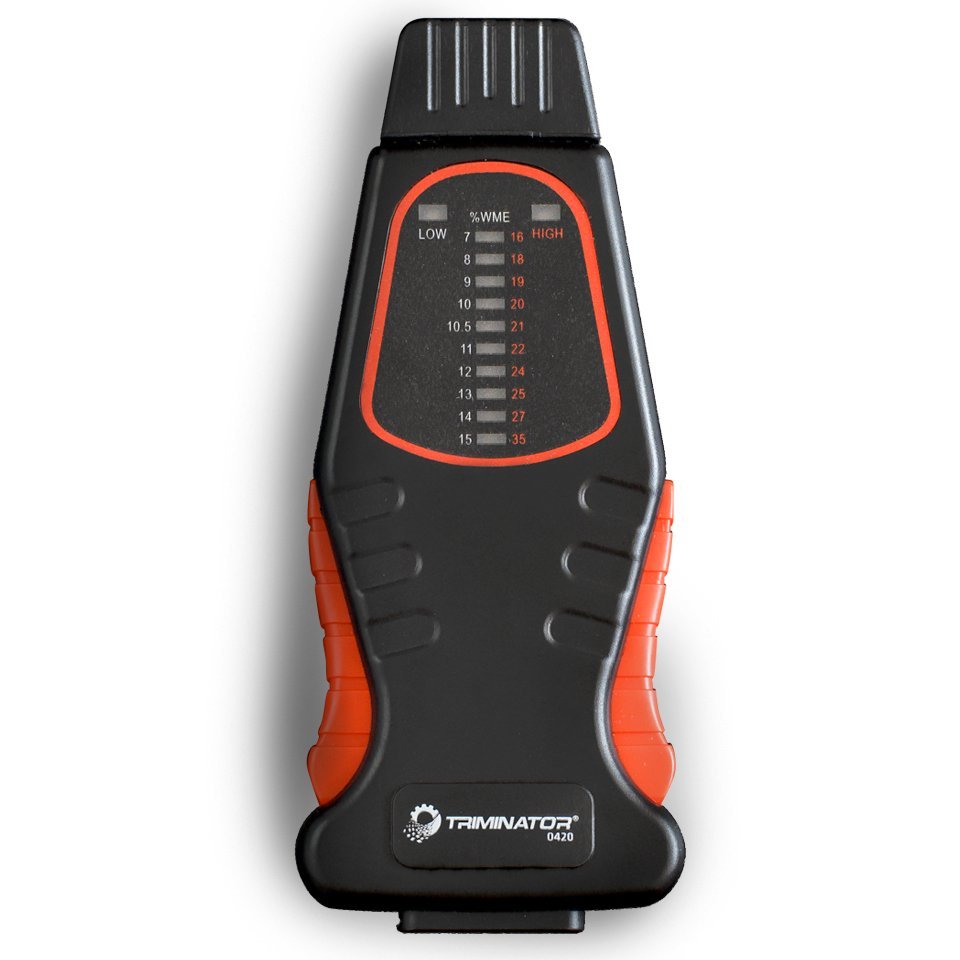Top 10 Advantages of Using a Moisture Meter for Exact Measurements in your house
Top 10 Advantages of Using a Moisture Meter for Exact Measurements in your house
Blog Article
The Ultimate Guide to Moisture Meters: A Comprehensive Overview and How They Can Save You Cash
In the world of structure maintenance, building, and numerous sectors, the relevance of properly gauging dampness degrees can not be overemphasized. Wetness meters work as important devices in spotting and monitoring moisture content in products, aiding in preventing expensive problems and guaranteeing the high quality of products. Comprehending the subtleties of different types of moisture meters, their applications, and the potential cost-saving advantages they use can be a game-changer for specialists and services alike. Discovering how these tools can not only streamline procedures but additionally add to financial cost savings is a journey worth getting started on.
Sorts Of Moisture Meters
Various sorts of moisture meters are readily available for different applications in various industries. One typical type is the pin-type dampness meter, which gauges the electrical resistance in between two pins inserted right into a material. This kind is suitable for wood, drywall, and various other building products. Pinless moisture meters, on the various other hand, usage electromagnetic sensing unit plates to scan a larger area without creating damages to the product's surface. These meters are perfect for quickly analyzing moisture degrees in large areas such as floors and wall surfaces.
Additionally, there are also specialized moisture meters made for details products like dirt, grain, or hay. These meters give accurate wetness analyses customized to the one-of-a-kind buildings of the product being tested. Infrared moisture meters determine the thermal buildings of a product to establish its dampness web content non-invasively, making them helpful for applications where pin or pinless meters might not be appropriate. Recognizing the various kinds of dampness meters readily available can aid markets choose one of the most proper tool for their details dampness dimension requirements.

Advantages of Utilizing Moisture Meters

Furthermore, making use of wetness meters can cause increased energy effectiveness. By determining locations with high dampness degrees, such as leaks or bad insulation, adjustments can be made to improve energy preservation and reduce utility expenses. In agricultural settings, wetness meters play an essential function in enhancing plant returns by making it possible for farmers to check soil dampness degrees and make educated watering choices. On the whole, the advantages of using wetness meters cover across various industries, offering affordable remedies and advertising better quality assurance techniques.
How to Choose the Right Moisture Meter
Choosing the appropriate moisture meter includes thinking about essential factors such as material compatibility, dimension range, and calibration precision. When selecting a wetness meter, it's important to make certain that the meter is ideal for the certain material you will certainly be testing. Different materials have differing electrical residential properties that can affect dampness readings, so picking a meter created for your material is critical for precise outcomes. Furthermore, consider the dimension variety of the dampness meter. Make sure that the meter can identify wetness degrees within the variety needed for your applications. Calibration accuracy is an additional vital factor to remember (Moisture Meter). Opt for a moisture meter with reputable calibration to make certain accurate and regular readings. Some meters might need routine calibration adjustments, so comprehending the calibration procedure is very important. By meticulously evaluating these elements, you can pick a moisture meter that fulfills your needs and offers exact moisture measurements for your tasks.
Proper Methods for Moisture Meter Usage
To guarantee precise dampness analyses and make best use of the effectiveness of a wetness meter, employing correct techniques is vital. When making use of a pin-type dampness meter, put the pins or probes into the product being evaluated up until they make complete call. Make certain the pins are official website perpendicular to the surface to get one of the most precise reading. For pinless wetness meters, hold the gadget level versus the product and relocate gradually to cover the whole area for an ordinary analysis. It's critical to adjust the dampness meter according to the product being evaluated to enhance precision. Take multiple analyses across the surface and typical them out for a much more reliable result. Additionally, make sure that the material being evaluated is accustomed to the atmosphere to stop skewed readings. Routine maintenance of the dampness meter, such as cleansing the pins or sensing unit, is additionally essential to make sure constant and precise analyses. By adhering to these appropriate methods, users can depend on their dampness meter to supply credible moisture levels, aiding in preventing pricey damages or guaranteeing quality in numerous applications.

Price Financial Savings Via Moisture Meter Applications
Just how can the tactical use of dampness meters lead to substantial cost savings across different sectors? In the farming sector, moisture meters aid in figuring out the optimum time for collecting plants, protecting against over-drying or excess moisture that can impact the final item's quality.

Moreover, in the food handling market, wetness meters are crucial for monitoring product quality and ensuring compliance with safety regulations. By accurately gauging moisture content in food, manufacturers can prevent spoilage, keep quality, and minimize waste, leading to considerable expense savings. In general, the strategic application of moisture meters is a beneficial financial investment that my link can cause considerable cost decreases and boosted effectiveness across various sectors.
Final Thought
To conclude, moisture meters are valuable devices for discovering and gauging dampness levels in various products. By using the right wetness meter and complying with correct methods, users can effectively stop costly problems triggered by excess moisture. Spending in a high quality dampness meter can cause significant expense savings in the future by identifying prospective issues beforehand and allowing punctual remediation. Inevitably, moisture meters are necessary instruments for preserving the integrity and long life of materials and structures.
Moisture meters serve as indispensable devices in detecting and keeping an eye on moisture web content in materials, assisting in protecting against expensive damages and guaranteeing the top quality of products. Infrared dampness meters gauge the thermal properties of a material to identify its wetness material non-invasively, making them beneficial for applications where pin or pinless meters might not be ideal.Dampness meters supply indispensable benefits in properly analyzing and monitoring dampness degrees Get More Info in varied products and settings. In farming settings, moisture meters play an important function in enhancing crop yields by enabling farmers to keep an eye on dirt wetness levels and make informed irrigation choices.In verdict, wetness meters are useful tools for gauging and detecting moisture degrees in numerous materials.
Report this page